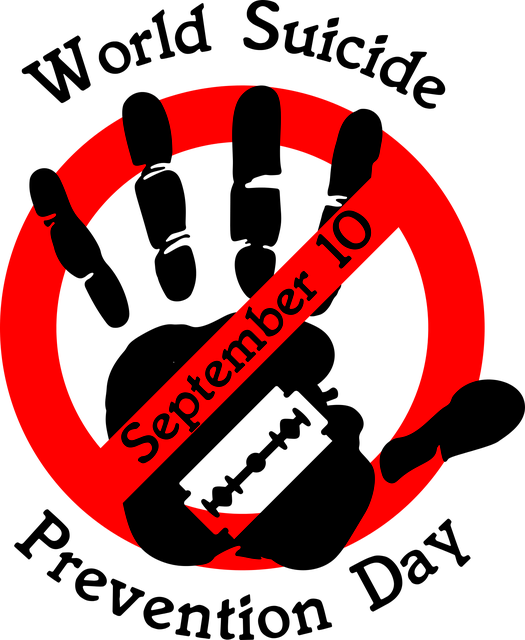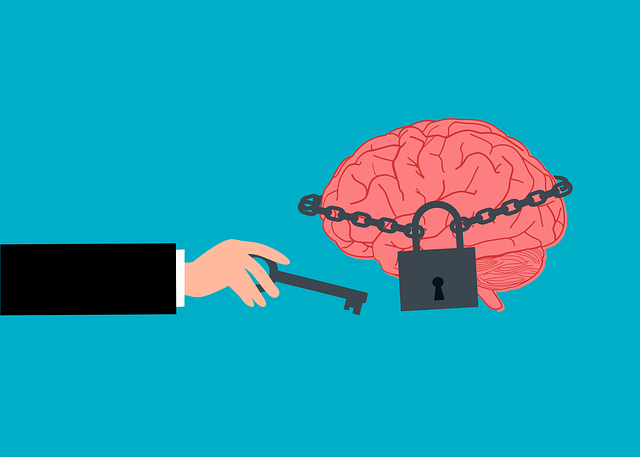In Louisville, therapists and clinicians face high stress levels due to demanding caseloads and emotional demands from clients. To combat burnout, Mental Health Awareness and Stress Management techniques are vital. Louisville Therapy offers a specialized program focusing on self-care and crisis intervention, providing tools for effective client support while safeguarding mental health. Techniques like mindfulness and journaling exercises enhance wellness, enabling professionals to navigate workplace stress and build resilience. This approach not only benefits individuals but also contributes to societal resilience through community outreach programs.
Stress management is a vital skill for therapists and clinicians, directly impacting their well-being and effectiveness. This article explores effective strategies to combat stress, drawing from the unique approach of Louisville Therapy. We delve into practical techniques to alleviate workplace stress and discuss long-term resilience-building strategies. By understanding the impact of stress and learning these methods, professionals can enhance their practice and overall mental health. Discover how Louisville Therapy offers a fresh perspective on managing stress in the therapeutic field.
- Understanding Stress and Its Impact on Therapists-Clinicians
- Louisville Therapy: A Unique Approach to Stress Management
- Practical Techniques for Effective Stress Relief in the Workplace
- Building Resilience: Long-term Strategies for Mental Well-being
Understanding Stress and Its Impact on Therapists-Clinicians

Stress is a ubiquitous aspect of modern life, but for therapists and clinicians, it can have profound effects on their well-being and professional performance. Understanding the impact of stress on mental health professionals is crucial in the field of Louisville therapy. Therapists-clinicians often juggle demanding caseloads, intense emotional demands from clients, and complex ethical considerations, which can lead to elevated stress levels.
Chronic stress may manifest as burnout, affecting their ability to provide effective care. Thus, fostering Mental Health Awareness and implementing robust Stress Management techniques are essential for depression prevention among this workforce. Louisville therapy practices that prioritize self-care and resilience-building strategies can help therapists-clinicians navigate the challenges of their profession while maintaining optimal mental health.
Louisville Therapy: A Unique Approach to Stress Management

Louisville Therapy offers a unique and innovative approach to stress management tailored specifically for therapists and clinicians. This method focuses on providing professional support to those who support others, addressing the common challenge of compassion fatigue. By incorporating specialized techniques, such as Crisis Intervention Guidance, this therapy helps mental health experts maintain their own mental wellness while enhancing their ability to assist their clients effectively.
One key aspect is encouraging Self-Care Routine Development for Better Mental Health. Louisville Therapy recognizes that therapists often neglect their well-being in the pursuit of helping others. It offers practical guidance on integrating journaling exercises into daily routines, fostering a space for reflection and emotional processing. This practice, combined with crisis intervention skills, equips professionals to navigate challenging situations while safeguarding their own mental health.
Practical Techniques for Effective Stress Relief in the Workplace

In today’s fast-paced work environment, stress management is an essential tool for Louisville therapy for therapists-clinicians to teach their clients and themselves. Practical techniques like depression prevention through self-awareness exercises can significantly enhance mental wellness. Starting with simple mindfulness practices, professionals can guide their patients in focusing on the present moment, reducing worries about the past or future. This is particularly effective in navigating the hustle and bustle of the workplace.
Additionally, incorporating mental wellness journaling exercises offers a safe space for self-reflection and emotional processing. Journaling allows individuals to track their thoughts, feelings, and triggers, fostering a deeper understanding of personal stress patterns. By integrating these practices into daily routines, professionals can empower themselves and their clients to cultivate resilience and find effective stress relief strategies tailored to their unique needs.
Building Resilience: Long-term Strategies for Mental Well-being

Building resilience is a key component of long-term mental well-being, and it’s an area where Louisville therapy for therapists-clinicians can play a significant role. By integrating effective strategies into their practice, therapists can empower clients to navigate life’s challenges with greater adaptability and fortitude. This involves helping individuals develop coping mechanisms that go beyond immediate stress relief, fostering a deeper sense of inner strength and resourcefulness.
Through community outreach program implementation, therapists can contribute to building mental wellness on a broader scale. By sharing evidence-based resilience-building techniques with the broader community, these professionals can help create a more resilient society where individuals are better equipped to handle stress and adversity. This collective effort not only benefits individuals but also strengthens the overall social fabric.
Stress management is an essential aspect of maintaining optimal mental well-being, especially for therapists and clinicians. By understanding the impact of stress on their practice and personal lives, professionals can implement effective strategies like the unique Louisville Therapy approach. This holistic method combines practical techniques with long-term resilience building, enabling individuals to navigate workplace challenges and foster a healthier, more fulfilling career. Integrating these strategies into daily routines can revolutionize stress management for therapists-clinicians, ultimately enhancing their ability to provide exceptional care.














